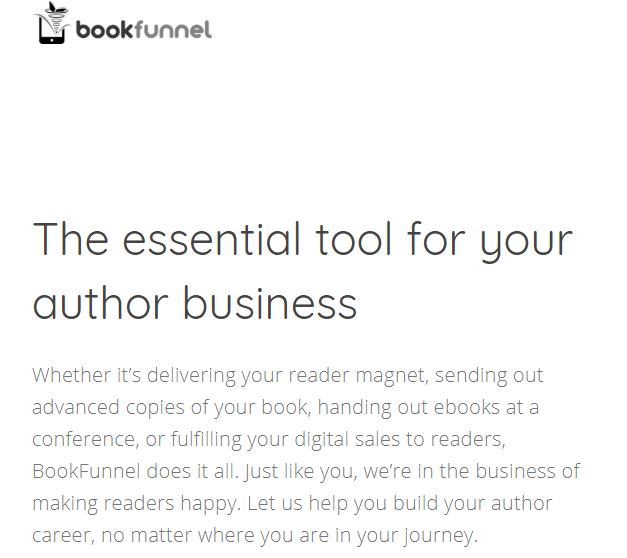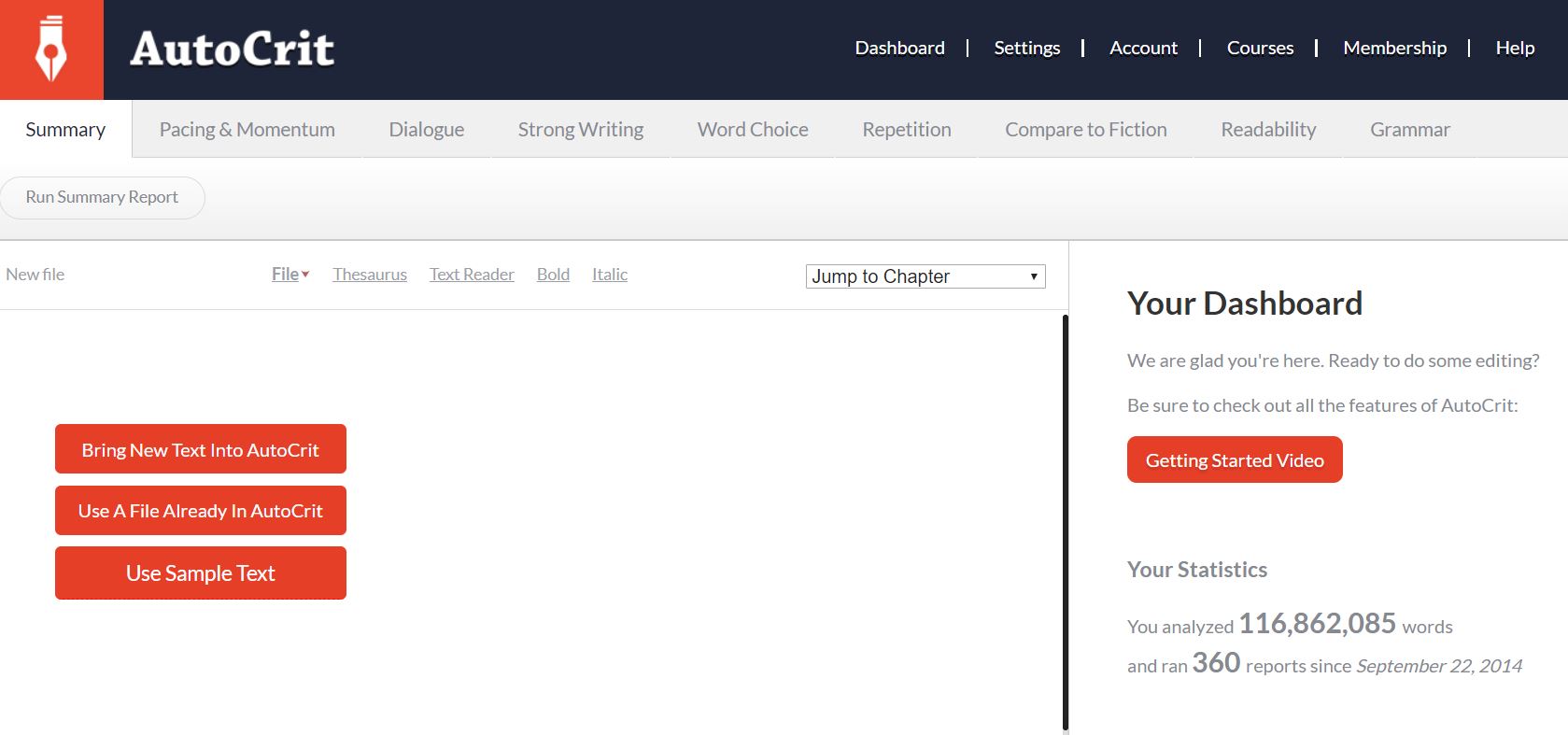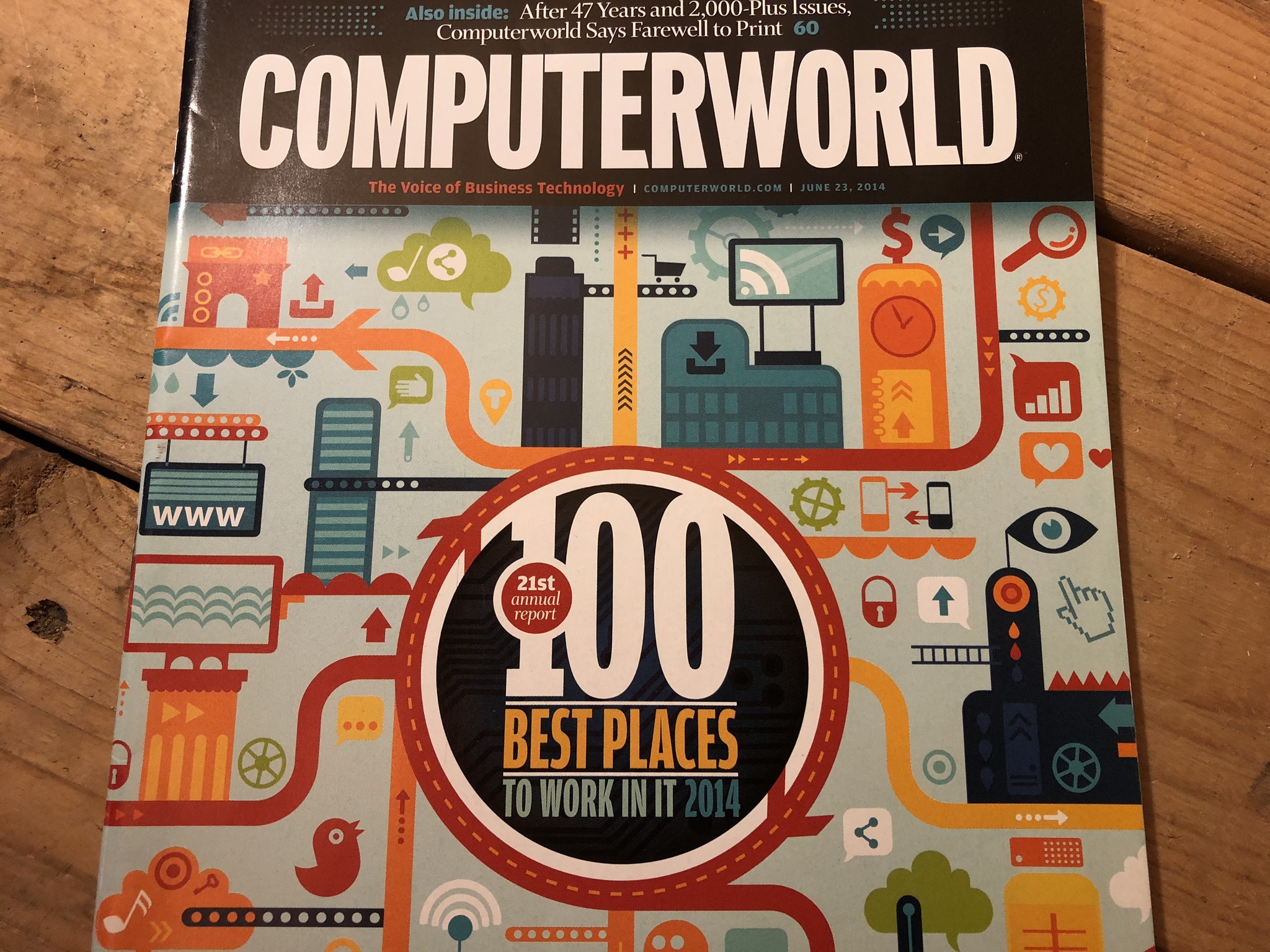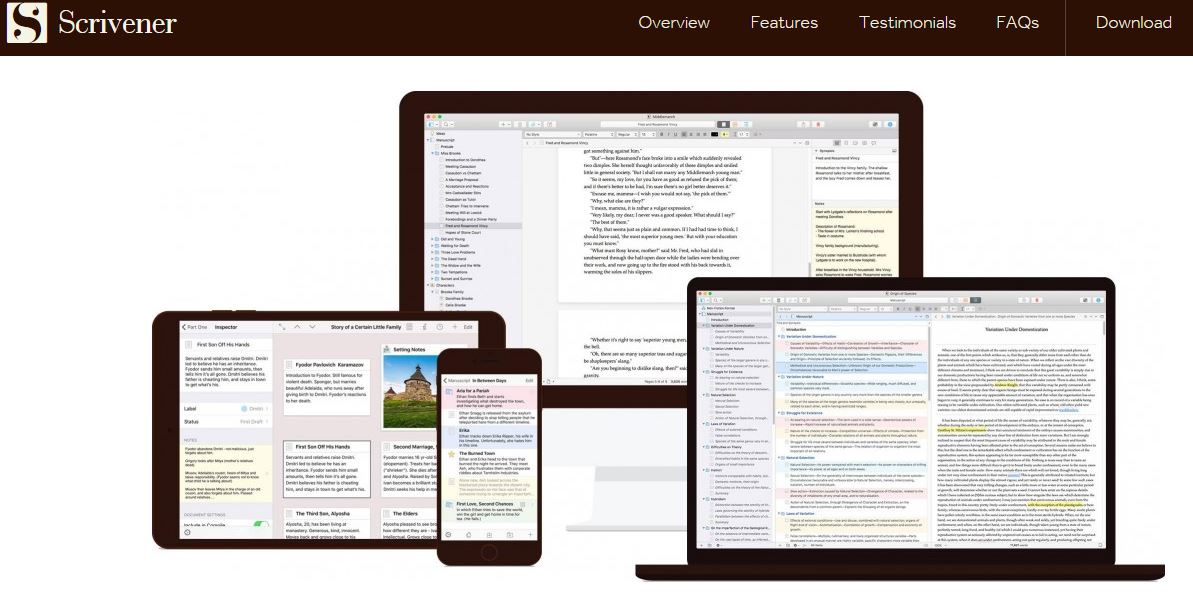A common theme among authors, especially indie authors, is frustration of lackluster sales and exposure. Luck is the product of preparation and opportunity. We don’t know when we will “get lucky” with our marketing efforts, but we can prepare for the opportunity when it arises (or when we create opportunity through marketing efforts). There are many preparation paths.
BookFunnel is an eBook distribution platform. There are several levels of membership but the basic level ($100) allows for up to two pen names and 5,000 downloads per month – that is the level I signed up for.
I was introduced to BookFunnel when preparing for my first blog tour promotion of my novel Leaving Darkness as one possible method to distribute eBook copies to reviewers. I went a different route as the $100 fee just to allow for distribution I deemed excessive. I didn’t see much value for BookFunnel beyond that – at first.
One strategy for building email lists is to offer a magnet, a giveaway that others may value in exchange for an email address. In that sense it’s not free; you are “selling” for an item of value. Publishers and agents consider email lists as one indicator of the strength of an author’s platform (and therefore marketability). I realized I needed to begin collecting email addresses.
I did not market my first two novels at all out of nativity and ignorance, and am only now working to catch up to where I need to be as an author. I’ve understood the magnet concept for most of my life but its importance from the marketing side never clicked for me until recently. I decided to offer a magnet. but what, and how?
The answer to what was easy – my first novel, Forgiveness. I wasn’t worried about lost revenue from sales impact because there was no sales to begin with (a consequence of that lack of marketing I mentioned). But I believe it is a solid novel that many would enjoy. At the very least, my exposure would increase by the dozen or two that may download it, and I’d have a few email addresses that, ideally, most would convert into fans.
The how to offer the magnet presented a challenge. I opted to try Facebook ads, as I had success building my author page following with ads several years ago (okay, I did try a bit of marketing then I suppose). I was pleased with the initial success as I began to receive signups for my email list in exchange for the download.
Up to this point, I had planned to just email the eBook in the format they specified, but I realized this would take a lot of my time, so I looked at BookFunnel again and decided to try the basic plan. In the end, $60 of ads produced 57 contacts – a nice number, but costly.
It wasn’t until the end of the ad period that I explored BookFunnel further and came upon the promotions section. One author set a promotion theme and invited others to join to fill limited spots (I believe this promotion capped at 26). With nothing to lose and low expectations, I signed up.
My expectations were not only met but exceeded. In 12 days Forgiveness was downloaded approximately 170 times. With minimal effort and zero additional capital, my email list had about quadrupled. No surprise – I’m sold on BookFunnel now. Even if there are no other features that I opt to use, BookFunnel has already proven its value, as far as I’m concerned. Note I have no connection to BookFunnel beyond the customer relationship.
Image snipped from BookFunnel’s web landing page at https://bookfunnel.com/






 small and midsized businesses with access to quality, experienced CISO talent. Business has been solid, and we have clients nationwide. I enjoy helping businesses, plus it is a calling – check this
small and midsized businesses with access to quality, experienced CISO talent. Business has been solid, and we have clients nationwide. I enjoy helping businesses, plus it is a calling – check this 
